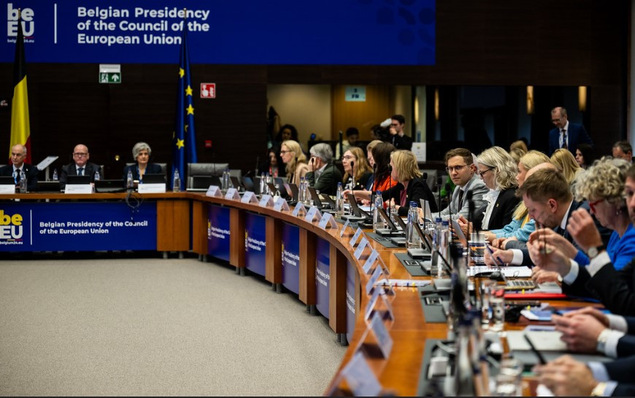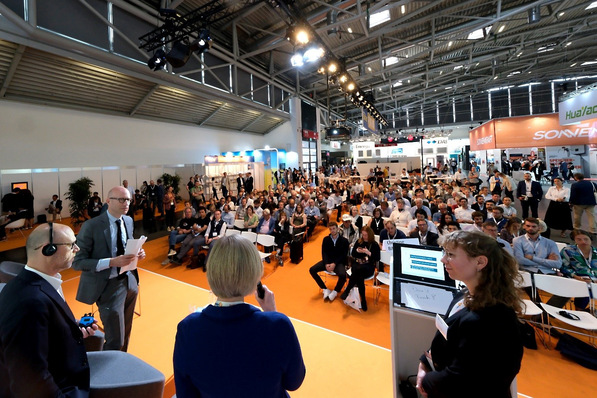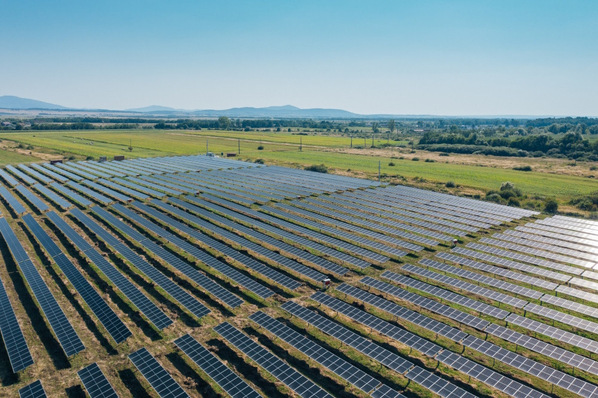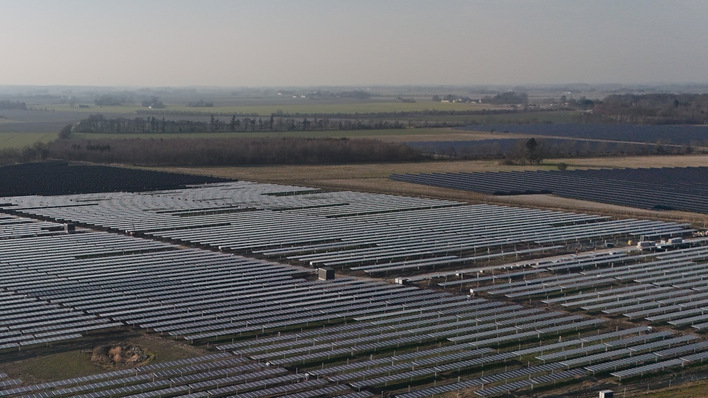In a country with an average 7.5 sun hours per day, photovoltaic energy simply makes sense although bureaucratic obstacles currently make delivery complicated. This month, Goldbeck Solar will commission a 5.5 MW ground-mount installation in Mersin. “This is our first project in the unlicensed sector in Turkey,” explains managing director Bjoern Lamprecht. This year, he also expects orders from the licensed segment of the market, allowing Goldbeck to reach its goal.
Less dependent on Russian gas
For the Republic of Turkey, the importance of solar energy keeps growing with a focus on becoming less dependent on Russian gas as well as ensuring a secure of supply of energy. Local banks have also shown interest in participating financially by taking over guarantees for investors.
To be able to increase activities in that market, bureaucratic obstacles will have to be reduced. Last December, Turkey caused quite a stir with its import turnover tax on photovoltaic modules, assessed by their weight. Now, the country is planning to change its financial support for the solar industry, which could slow down large photovoltaic power stations of one MW and more. “In spite of these difficulties, we view Turkey as a growth market,” says Lamprecht.
More benefit for the PV industry
He believes legislators and decision makers will increasingly adapt the conditions, creating rules and standards that benefit the PV industry. “We are right in the middle of a readjustment process, on both sides”, Lamprecht adds. With the approx. 300 MW installed to date in Turkey, the learning curve has rapidly risen.
That has become the basis for a sound solar market. As for Goldbeck Solar’s activities in the near future, the focus will not shift from ground-mount (today 80 percent of the market) toward rooftop installations (20 percent).
“We believe that the government will encourage unlicensed projects for the producers’ self- consumption. This type of project has not yet been contemplated by the current legislation.” At the moment, lawmakers focus a lot of their attention on technical details instead of leaving these to the technical experts.
Some 400 companies are active
Lamprecht states, “That causes processes of approval to become unnecessarily long, making projects more expensive.” There are currently some 400 enterprises active in the field of solar technology installation in Turkey, more than half of them coming from Germany. The country is viewed by many as one of the most promising and growing markets for solar energy. “We anticipate growing competition. More and more players are entering the Turkish market”, the managing director observes.
At the same time, Goldbeck Solar is expanding its business elsewhere, building upon its success in the UK, toward the USA and Thailand. Its largest project to date is in England, with 49 MW that has been connected to the electrical grid in March.
In addition to Turkey, Thailand and the USA, Goldbeck is active in pre-construction efforts in in Chile. An additional future market may be Iran. All in all, Lamprecht envisages a bright future for the global PV market, supported by the Paris Agreement on climate change. (HS)







